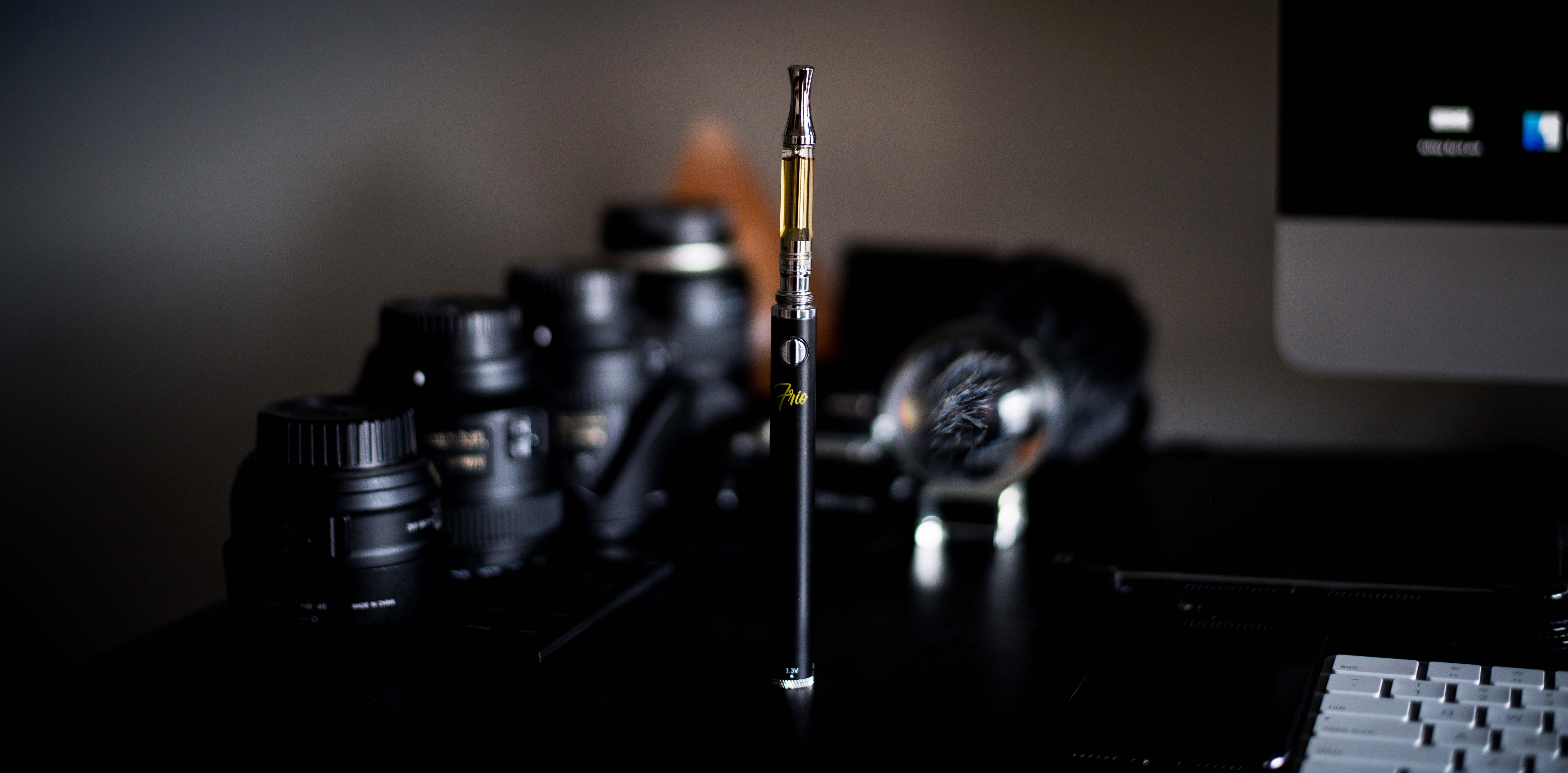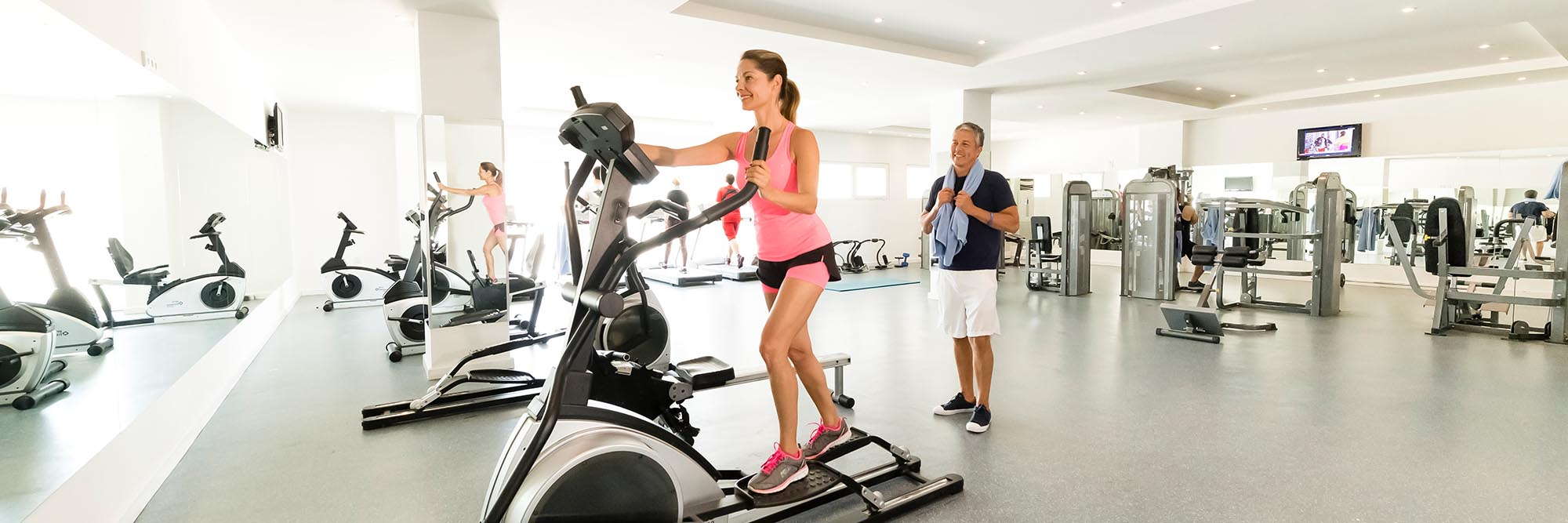Many people are looking for ways to keep their homes safe and healthy. You have tried to be careful by only adding in quality products, such as Krownlab rolling door hardware, and other fine materials.
Some people have pets that they want to protect, while others would like to avoid irritating sensitive family members with allergies or asthma. Regardless of your reason for wanting a toxin-free living space, the following tips will help you live in a more eco-friendly home without sacrificing style.
1. Volatile Organic Compounds
If you are buying any new furniture or mattresses, it is essential to be aware of what “VOC” means. That stands for Volatile Organic Compounds, chemicals that off-gas from many newer manufactured goods, including wood furniture and plastic household items.
There are hundreds of compounds associated with the term “VOC,” but most fall into two categories: formaldehyde and phenol. They can irritate your eyes, nose, throat, and skin, not to mention the air in your home. So ask about them when you are purchasing new furniture or bedding.
2. Unplug Electronics
Electronics produce a fair amount of heat when they are running. Because they are running all the time (even when you are not using them), they can be a significant source of heat in your home, especially during the winter. This extra heat means that your air conditioner works harder to keep the temperature down. This equates to more money being spent on utility bills! Try to unplug anything that is not being used. There are surge protectors that have timers on them so you don’t have to remember.
3. Add Nontoxic Flooring
When choosing the flooring for your home, make sure you pick something healthy for your home. Options include bamboo, cork, and linoleum. Cork is a great eco-friendly option because it comes from the bark of a tree. Linoleum contains natural materials such as flax fiber and limestone.
Are you considering putting tile or other hard surfaces down in your kitchen? If so, consider eco-friendly vinyl flooring options instead of ceramic tiles or other floor coverings made with potentially harmful glues and sealants. Even for generally healthy individuals, these types of flooring can create a toxic indoor environment.
4. Clean With Vinegar
Vinegar is an excellent nontoxic household cleaner, and it costs next to nothing! It is gentle on your skin, and, unlike most commercial cleaners, it does not give off toxic fumes. Mix vinegar with water at a ratio using the recommended ratio for the best cleaning solution. You can also use lemon juice or hydrogen peroxide as natural alternatives.
5. Create a Healthy Kitchen Space
Now that you have taken care of the rest of your home, be sure to avoid cooking health-hazardous foods in nonstick pans. If they are scratched even slightly, they will emit dangerous fumes into the air when heated – enough to make your entire family sick. If you have these pans already, replace them as soon as possible with stainless steel or cast iron pans and skillets. I personally recommend enamel cookware as one of the safest and most reliable cookware options. Read this post by beeco to learn more about the pros and cons of enamel cookware.
6. Use Your Bathroom Like a Spa
Simple changes like adding a few drops of lavender oils to your unscented shampoo will make your hair look and smell great without any artificial chemicals—the aromatherapy benefits are a bonus! You can also try dropping a few drops of essential oil into your bathtub while running the water for a relaxing evening soak that costs next to nothing (and has the added benefit of not having any toxic ingredients). Or consider getting rid of harsh chemical cleaners and filling your bathroom cabinets with all-natural vinegar cleaning solutions.
If you consider updating your bathroom, consider eco-friendly plumbing fixtures instead of the more traditional options available at big box stores. For example, simple changes like switching out your faucet or showerhead can significantly impact the level of chemicals present in your home. Also, be aware that vinyl shower curtains often emit hazardous VOCs, so if you are having them replaced, go for an all-cotton option.
The average person spends most of their time indoors and only a small fraction of that time thinking about the quality of those indoor spaces. Unfortunately, some common household items found in most homes pose significant health risks, including increased risk of cancer, asthma attacks, or other respiratory diseases as well as skin irritation. If you are unsure which products to avoid, check with experts to confirm what you have in your house does not pose health hazards.


